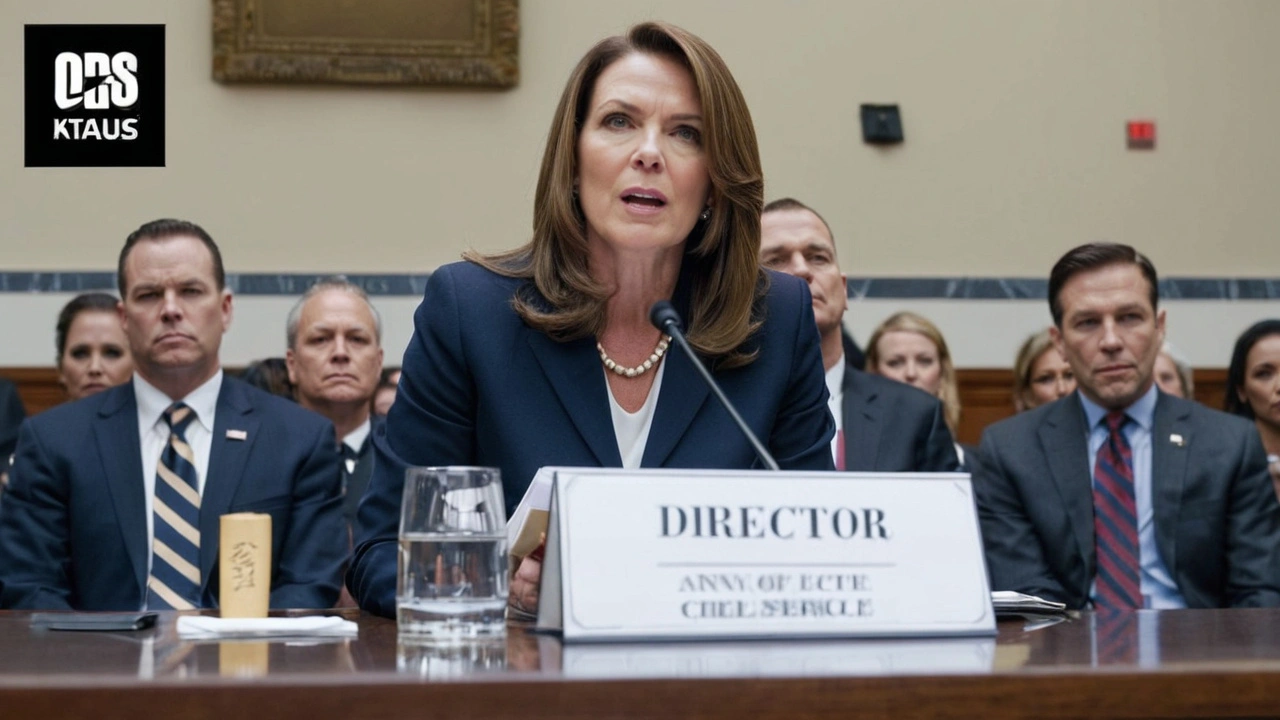The Untold Story: An Attempt on Donald Trump's Life
The United States Secret Service, an agency known for its stringent security measures and rigorous protocols, is grappling with a significant operational failure. The shocking event that brought this to light was the attempted assassination of former President Donald Trump during a rally in Pennsylvania. Director Kimberly Cheatle of the Secret Service has described this incident as the agency's 'most significant operational failure' in recent decades.
An Eventful Day in Pennsylvania
The rally, meant to be a show of support and political solidarity, quickly turned into a scene of chaos and violence. As President Trump took the stage, 20-year-old Thomas Matthew Crooks, who had blended in with the crowd, attempted to assassinate him. The tension in the air was palpable as Crooks managed to fire a shot that grazed Trump’s ear, a moment that will be etched into the minds of many. Unfortunately, the bullet also claimed the life of a spectator and injured two others, adding to the tragedy of the event.
A Failure to Anticipate
Facing intense scrutiny, Director Cheatle testified before a US Congressional committee, acknowledging the grave errors made by the Secret Service. She admitted that despite local law enforcement identifying Crooks as suspicious earlier, the Secret Service did not recognize him as a threat until mere seconds before the shooting. This delay in response has raised significant questions about the agency’s preparedness and agility in handling potential threats.
Security Lapses and Intense Questioning
During the Congressional hearing, Cheatle faced a barrage of questions. Why was Crooks able to get so close to Trump? How did he manage to bring a firearm into the rally? And perhaps most glaringly, why was the rally not halted despite the presence of a suspicious individual? These questions highlight critical lapses in the agency's security protocols. Cheatle took full responsibility but also pointed out the complexities and challenges inherent in protecting high-profile individuals in large, dynamic settings.
Call for Accountability
As details of the failed operation came to light, calls for Cheatle’s resignation started to mount. Critics argue that such a significant lapse in security warrants a change in leadership. However, Cheatle has retained the support of key figures, including President Joe Biden and Homeland Security Secretary Alejandro Mayorkas, who have expressed confidence in her ability to rectify the agency’s shortcomings.
The Ongoing Investigation
The investigation into the attempt on Trump's life is still ongoing. The Secret Service, in collaboration with other agencies, is conducting a thorough review of the events that led up to the incident. There is a pressing need to identify all failures and implement measures to ensure such a breach does not occur again. The agency has a storied history of protecting US Presidents and high-profile individuals, but this event has undoubtedly tarnished its reputation.
A Grieving Community
The impact of this event extends beyond the operational aspects of the Secret Service. The community in Pennsylvania is mourning the loss of one of its own, a spectator whose life was cut short due to the violence. The injured are recovering, but the emotional scars will take longer to heal. These personal stories add a poignant layer to the larger narrative of security and political protection.
Future Implications
This incident serves as a stark reminder of the ever-present threats faced by political figures. The Secret Service will need to reassess and bolster its protective measures, perhaps integrating more advanced technology and intelligence-sharing mechanisms. The goal will always be to stay one step ahead of those who wish harm upon the nation’s leaders.
The coming weeks and months will be critical for the Secret Service as it seeks to rebuild trust and ensure the safety of those it is sworn to protect. The agency's ability to learn from this failure and adapt will determine its future effectiveness.
